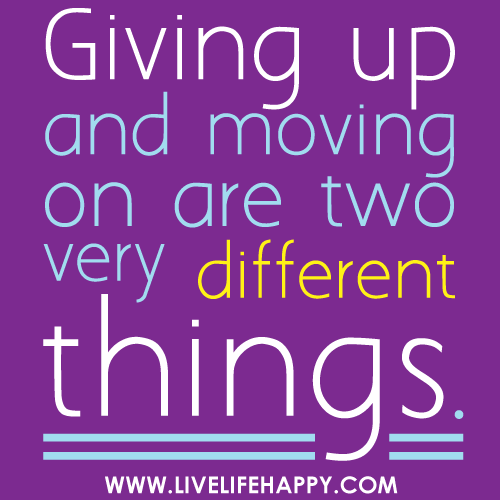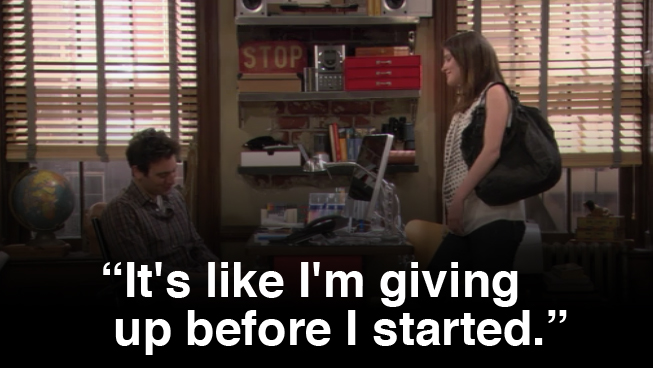
I finally pulled out Malcolm Gladwell’s Outliers last Saturday and made my way through the first half of it. It’s definitely not a new book, but I still keep hearing about it and so I decided to pick it up.
If you’re unfamiliar with the book, he talks at length about how (generally speaking) 10,000 hours of practice will bring you near to being a master in the area of practice.
Although the 10,000 hour rule is getting some negative press lately (see here, here, and here) the general idea is still helpful. Here’s why:
- It gives us a minimum goal (ie: a lot of work) to help us aim for
- Helps us see what we’re maybe wasting our time on
- Reminds us of our youth
Let me explain. As I was reading the book, I couldn’t help but try to estimate how many hours I have spent writing.
1h, every day = 27.4 years
2h, every day = 13.6 years
Writing is obviously a hard one to gauge. I can write so much faster and more efficiently than I could as a teenager. I counted hours spent blogging (12 years, people!), an undergrad degree in arts (lots of essays), and three novels. It’s definitely not a perfectly accurate number, but I think it’s close to 5,000 hours over 12 years.
You’re logging hours
Most of us are 20somethings, which means that most of us still have time to work really hard at something and become good. Sure, it would be more like a second career, where our “prime” is in our 40s, but people! this is still good news! It means we can still do cool things. If you’re anything like me, you have probably wondered if you’re going to make something of yourself, like, ever. If you haven’t “made it” already, then is it even still possible?
So what are you logging your hours on? Video games? The gym? A bunch of things, but nothing really seriously? Consider picking that one thing. Start logging hours.




